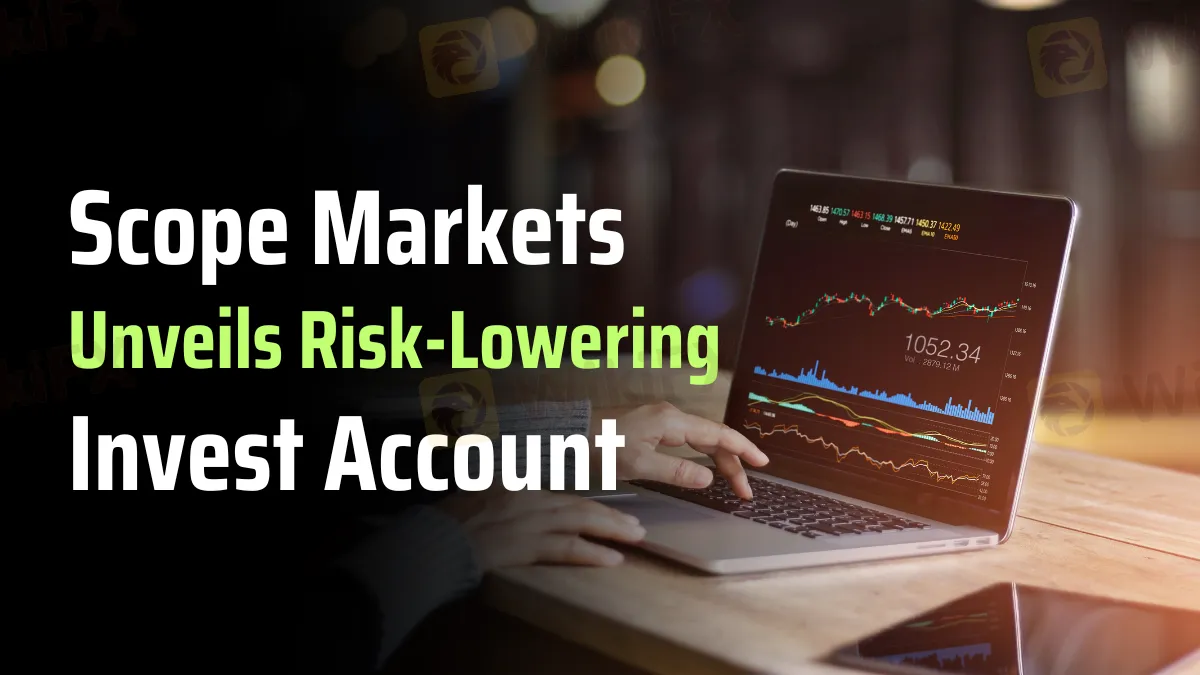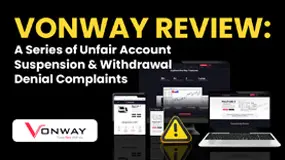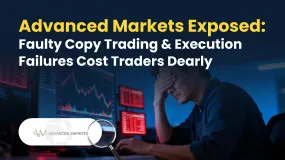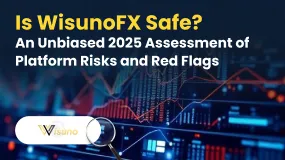Abstract:Scope Markets launches a new Invest account, allowing long-only, unleveraged trading with lower capital risk.

Scope Markets has launched the new Scope Invest account, which represents a substantial change toward safer investing methods. The account, which is intended to attract a wider audience by eliminating financial risks, enables consumers to participate in 'long' positions without using leverage.
Scope Markets, which is licensed in six countries, currently provides over 2,000 worldwide contracts for difference (CFD) stocks via its unique platform. This additional service is consistent with the company's aim of making financial markets accessible to a broad variety of customers throughout the globe. These trading options are supported by both mobile and desktop platforms, demonstrating the company's dedication to technology adaptation and consumer convenience.

Pavel Spirin, CEO of Scope Markets, highlighted the new account's dual advantages. “As the popularity of our regular CFD products grows, we are thrilled to offer the Invest account, which eliminates leverage and allows only long bets. This strategic partnership significantly reduces the risk of financial losses for our investors,” Spirin remarked. He went on to say that, although CFDs are a flexible and cost-effective way to obtain exposure to global assets, the risks associated with leveraged and short selling are not suited for all investors.
The Scope Invest account signifies a watershed moment for the broker and its customers. This account is specifically created for international retail clients and may be run in GBP, USD, or EUR. One of the account's notable features is the ability to trade in fractions. Clients may invest in equities for as little as 1/100th of a share, with no commissions or overnight rollover costs.
Another novel characteristic of the Invest account is that it continues to pass on the advantages of company activities, such as dividend payments, to its investors. Despite not owning the actual asset, investors are still entitled to dividends, which adds another layer of advantage to their investing plan.
CFDs have always been associated with significant risk because of the leverage and the prospect of selling an item one does not own. Such tactics may increase profits, but they also include the risk of big losses if the market swings negatively. The Scope Invest account provides a safer option by removing leverage and allowing only long transactions, addressing the typical financial dangers associated with standard CFD trading.
The account has a minimum investment of $50, making it an affordable option for anybody wishing to engage in the market with lower-risk limits. Scope Markets' efforts not only broaden its financial product offerings but also increase its competitive position in the worldwide finance market.











